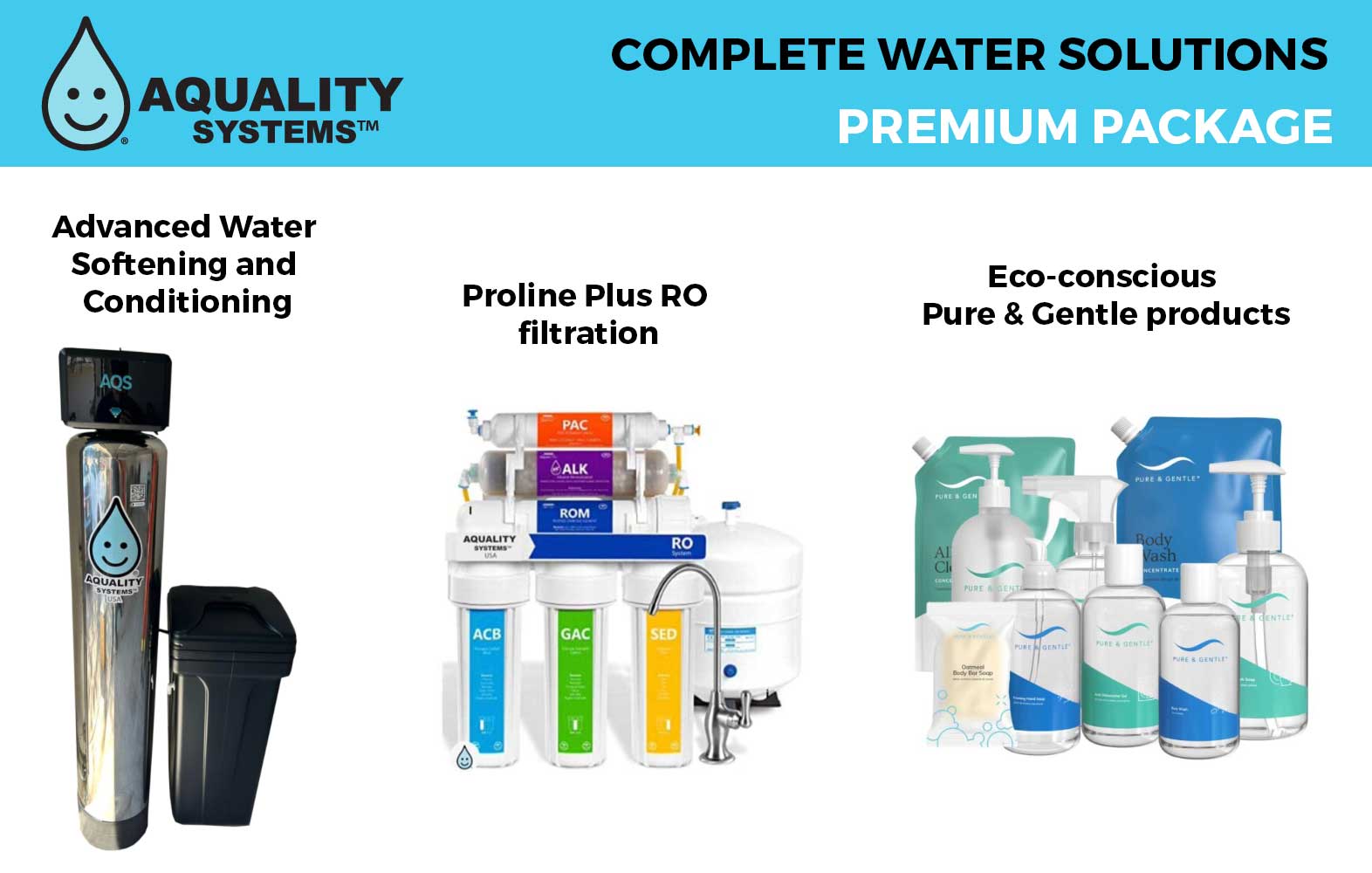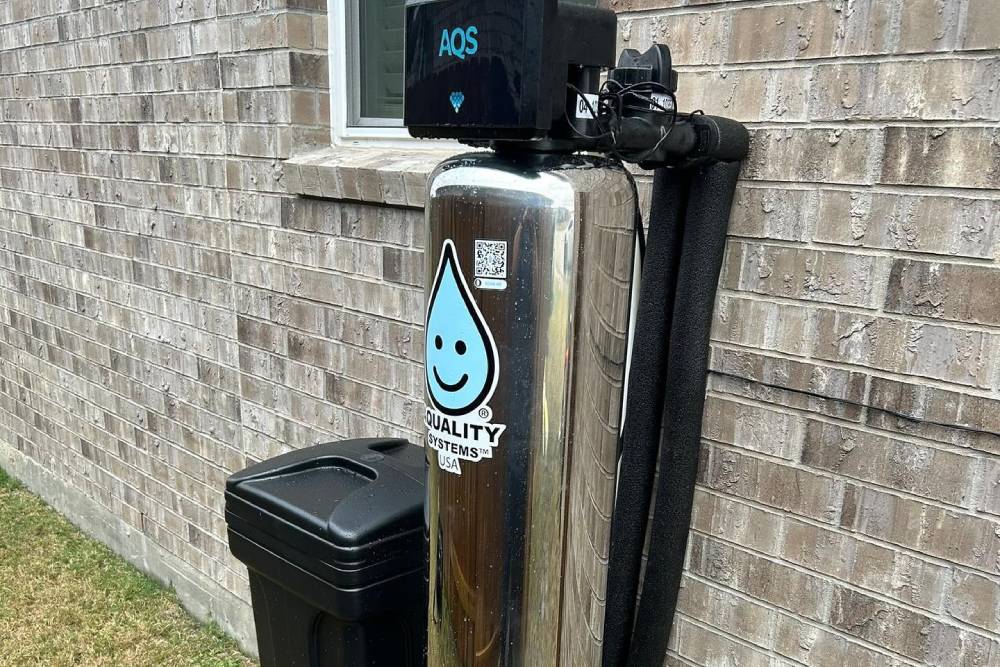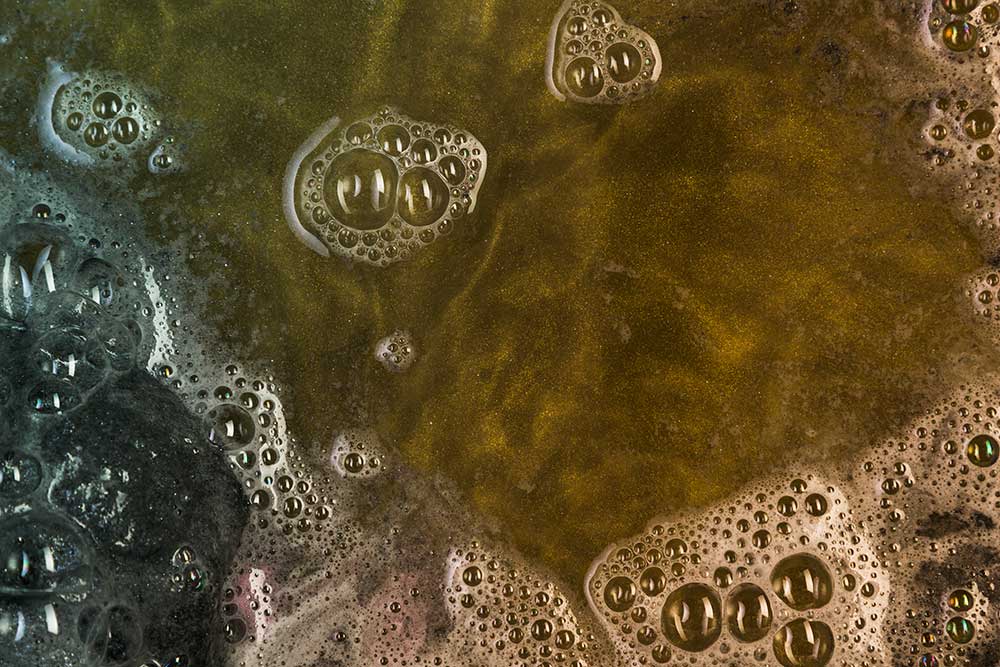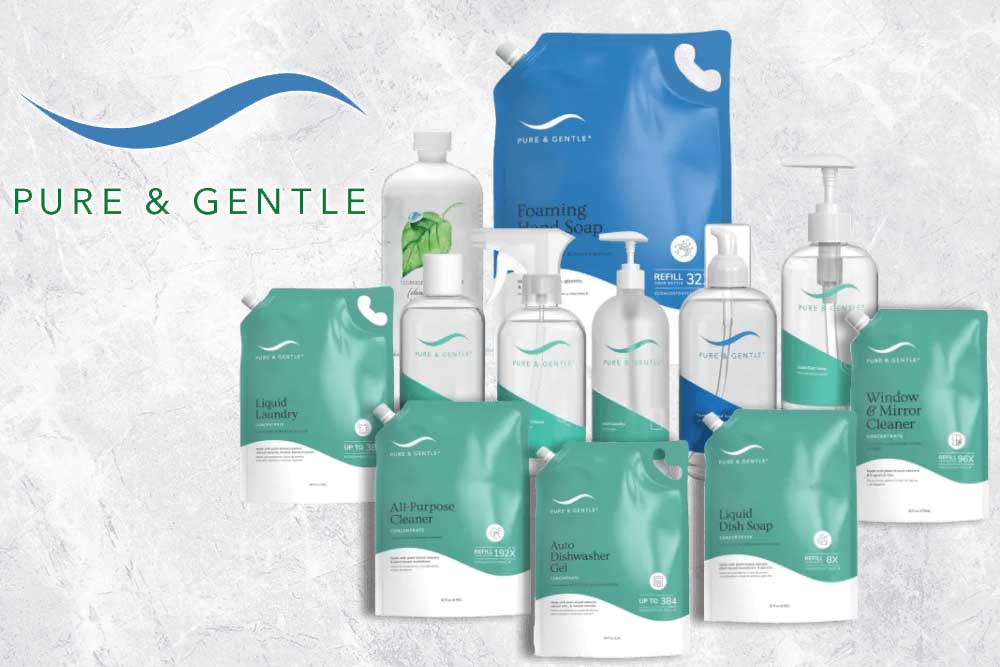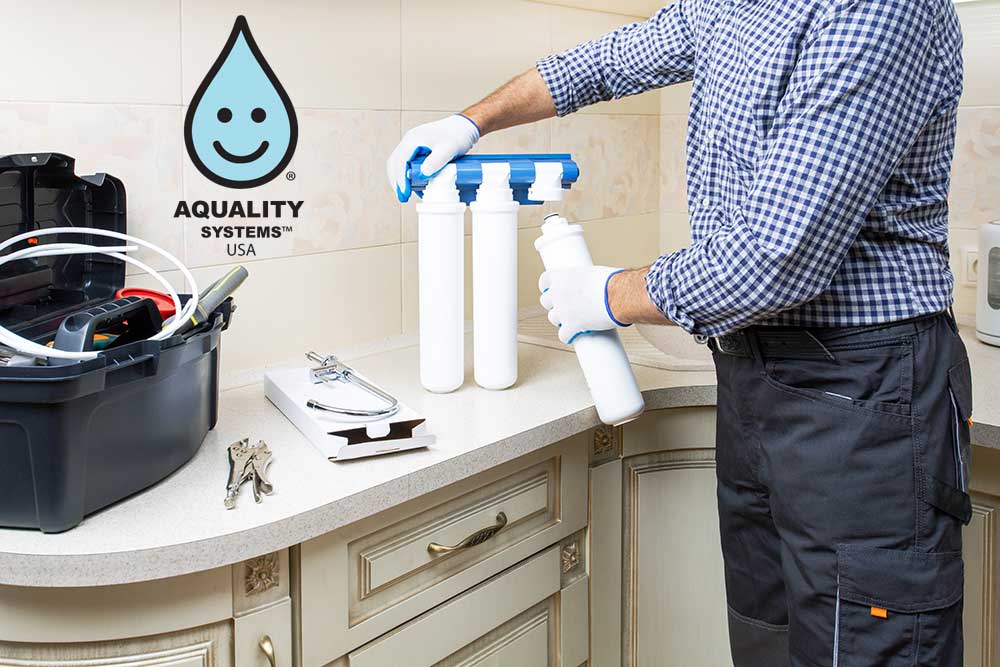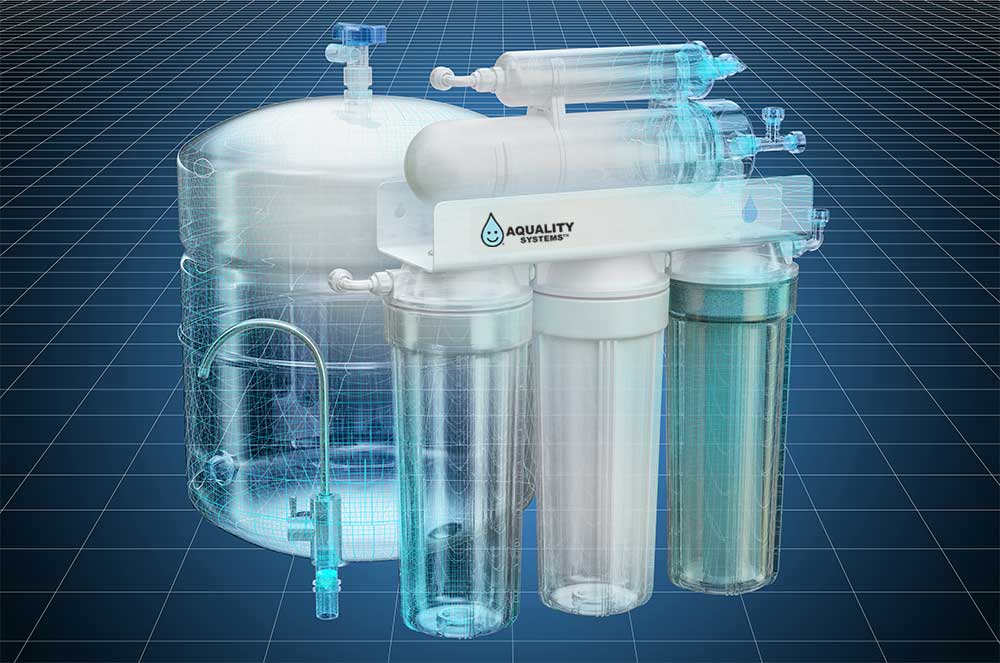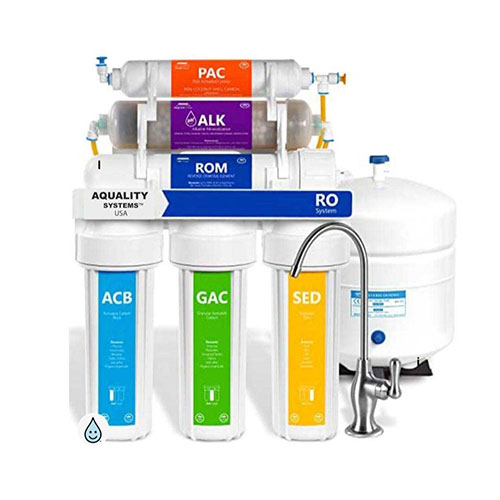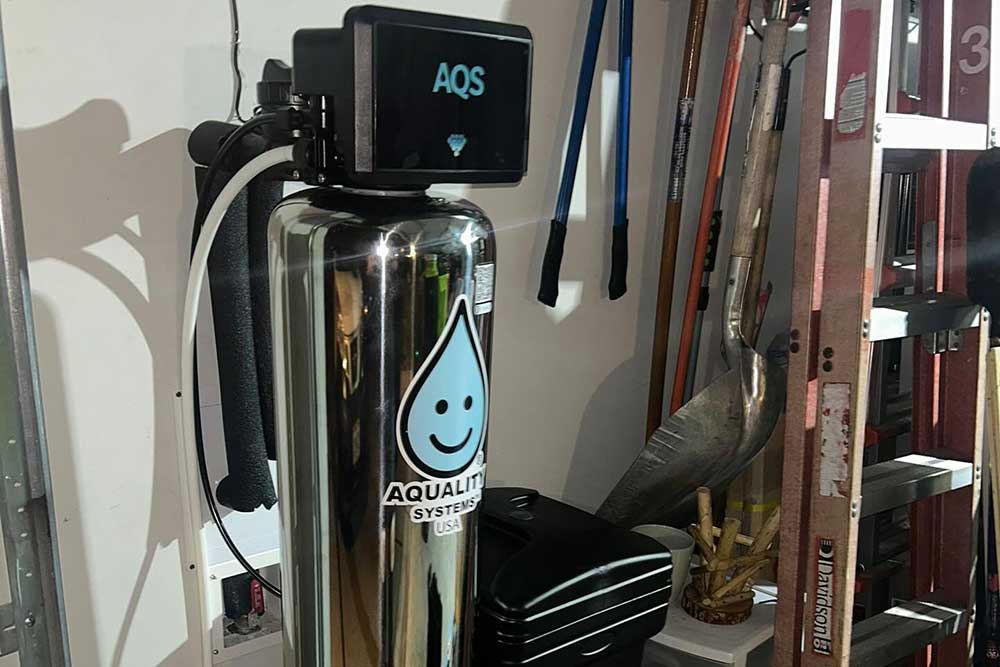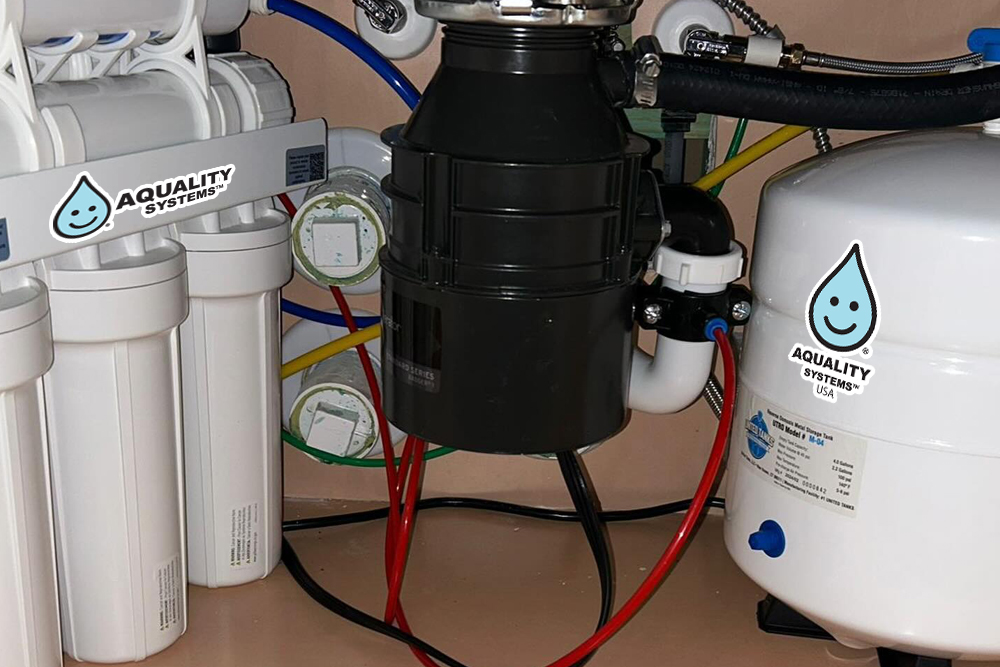Why a Whole-House Water Purification System in Houston Is Better Than Pitchers or Faucet Filters
Introduction: The Importance of Clean Water at Home
In Houston, where tap water quality can vary depending on the season and location, having access to clean, safe water is essential for your family’s health. While many homeowners turn to water pitchers or faucet filters due to their low upfront cost, these solutions often fall short in providing comprehensive protection.
In this article, we explain why a whole-house water purification system in Houston is a smarter, more effective investment than traditional options like pitchers or faucet filters.
1. Superior Filtration and Contaminant Removal
One of the most important factors when choosing a water filtration solution is its ability to remove harmful contaminants. In Houston, tap water may contain:
- Chlorine and chloramines (used for disinfection)
- Heavy metals like lead, arsenic, and mercury
- Sediments and microplastics
- Bacteria and other microorganisms
- Pharmaceutical residues and industrial chemicals
✅ Whole-house systems, especially those using reverse osmosis or multi-stage filtration, can remove up to 99% of contaminants, including substances that can affect long-term health.
❌ Pitchers and faucet filters have limited filtration capabilities. They typically only reduce chlorine taste or remove large particles but are not effective against heavy metals or synthetic chemicals.
2. Continuous Supply of Clean Water Without Waiting
A professionally installed water purification system in Houston delivers clean, filtered water directly from your tap — ideal for drinking, cooking, making baby formula, or even filling pet bowls.
💡 Key benefits:
- No need to wait for a pitcher to fill
- Filtered water flows instantly from your faucet
- Ideal for large families or high water usage
Faucet filters and pitchers, on the other hand, require frequent refilling and filter replacements, which can be inconvenient and time-consuming.
3. Long-Term Cost Savings
Although a whole-house water purification system in Houston has a higher initial cost, it’s far more economical over time than relying on bottled water, pitchers, or faucet filters.
| Option | Annual Cost | Replacement Needed |
|---|---|---|
| Reverse Osmosis System | $150–$250 | Filters every 6–12 months |
| Water Pitcher | $150–$300 | Filters every 1–2 months |
| Faucet Filter | $80–$150 + filters | Filters every 1–2 months |
Plus, with a central system, you purify all the water used in your home — including showers, washing machines, and dishwashers — helping protect your plumbing and appliances too.
4. Full-Home Protection
A professional water purification system in Houston doesn’t just improve the water you drink — it enhances the overall water quality in your home.
🔧 Additional Benefits:
- Reduces scale buildup in pipes and appliances
- Extends the life of your coffee maker, kettle, and dishwasher
- Improves skin and hair quality during showers
These advantages simply aren’t available with basic pitchers or faucet filters, which are designed only for kitchen use.
5. Customized Solutions for Your Home
Every home in Houston has unique water needs. With a professional system, you can choose from:
- Reverse osmosis systems
- Carbon block filters
- UV purification units
- Custom multi-stage combinations
A local expert can test your water and recommend the best system based on your specific concerns — something generic products like pitchers can’t offer.
Conclusion: Invest in Health and Safety with a Professional System
If you’re looking for a reliable, long-term way to improve your water quality in Houston, a whole-house water purification system is the best option. It offers better safety, convenience, savings, and total home protection compared to pitchers or faucet filters.
Upgrading from a simple filter or water pitcher isn’t just smart — it’s an investment in your family’s well-being and the long-term value of your home.
Ready to Improve Your Home’s Water Quality?
Contact us today to learn more about the best water purification systems for homes in Houston. Our experts can help you find the perfect solution tailored to your needs.


